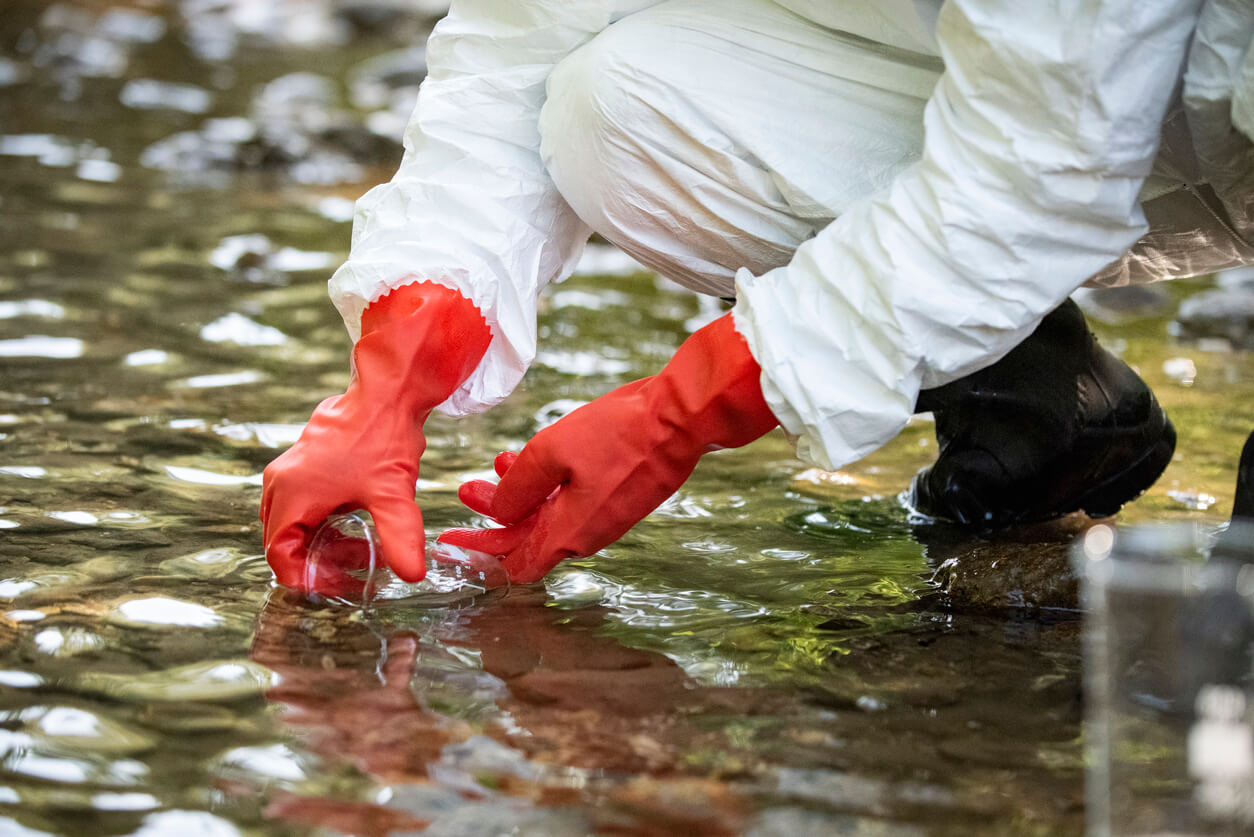At Fault: Taking Your Camp Lejeune Water Contamination Lawsuit To Court
The Camp Lejeune water contamination lawsuit process is similar to that of a typical personal injury case. You must prove that the contamination of your drinking water caused your illness and that the contamination was not caused by another party. The court will then decide whether or not you are entitled to any damages.
What Is The Camp Lejeune Water Contamination Lawsuit?
The Camp Lejeune water contamination case is a legal proceeding brought against the military base responsible for the contamination of drinking water at Camp Lejeune.
The contamination occurred in the mid-1980s when a chemical byproduct of the manufacture of Agent Orange was released into the drinking water supply. Since then, more than 14,000 people have filed claims against the government for illnesses related to the contamination.
Taking Your Case To Court
A trial for water contamination at Camp Lejeune can take anywhere from a few weeks to several months. In order to win your case, you will need to provide evidence that proves the contamination of the water at Camp Lejeune was due to someone’s fault.
Trials only occur when a settlement for compensation cannot be reached. A court case has several different processes. Initially, the plaintiff (the person filing the lawsuit) and the defendant (the person against whom the lawsuit is filed) will meet with a judge to discuss the case. This meeting is called a conference. After the conference, the parties will usually draft a proposed judgment or agreement. The defendant may also choose to enter a plea bargain at this point. If both parties agree to the judgment, it will be entered into court. If both parties do not agree to it, the case will go to trial.
The Legal Process for a Camp Lejeune Lawsuit
In order to file a Camp Lejeune water contamination lawsuit, you must first determine if you are eligible to participate in the program. Eligibility is determined by the government and involves a number of factors, including:
- Whether you were stationed at Camp Lejeune at any time between January 1, 1953 and December 31, 1987
- Whether you lived in one of the contaminated areas of North Carolina
- Whether you were an infant or a child at the time of contamination
If you meet these criteria, you can pursue your claim by filing a claim form with the Department of Justice. The claim form provides an overview of your legal options and asks you to provide information about your illness, including:
- Your date of exposure to contaminated water
- Your date of diagnosis
- The type of illness you have experienced
- How much time has passed since exposure to contaminated water (the time limit varies from state to state)
Who Can Participate In A Camp Lejeune Lawsuit?
Anyone who was stationed at Camp Lejeune between January 1, 1953 and December 31, 1987, or anyone who lived in an area considered to be contaminated during this time period, is eligible to participate in a Camp Lejeune water contamination lawsuit. As mentioned above, this includes children who were born between January 1, 1953 and December 31, 1987.
Types of Camp Lejeune Water Contamination Settlements
There are two types of settlements available in a Camp Lejeune water contamination lawsuit:
- A cash settlement: If you are awarded damages in a Camp Lejeune lawsuit, you can choose between receiving a cash settlement or continuing with the lawsuit. In some cases, however, both options may be available. For example, if you have experienced serious illness as a result of your exposure to contaminated water and have received treatment from a healthcare professional, you may be eligible for both types of settlements. In this case, the court will allow you to choose between receiving cash or continuing with your case.
- A non-cash settlement: If you are awarded damages in a Camp Lejeune lawsuit, but choose not to receive a cash settlement, you may still be eligible for non-cash settlements. You may be able to choose between receiving money or continuing with your case.
What Is the Best Way to Handle a Camp Lejeune Contamination Lawsuit?
You should speak to an attorney before filing a Camp Lejeune lawsuit if you want to ensure that your claim is processed correctly and that all potential issues are addressed by the court system ahead of time. A lawyer can help you gather all necessary records and prepare your case for trial. It is important that you do not wait until after your case has been filed before speaking with an attorney about your claim.
In addition, it is important that you do not choose a lawyer based solely on price; instead, ask for references so that you can make an informed decision about which lawyer to hire for your case. Also, keep in mind that all lawyers are not created equal; some offer better services at lower costs than others do. This is important because some cases are more complicated than others and it is important that you have access to an expert who has experience in handling such cases.
If you or a loved one was affected by Camp Lejeune water contamination, you may be entitled to financial compensation. It is important to consult with an attorney before filing a lawsuit, as this will help to ensure that your claim is processed correctly and that all potential issues are addressed by the court system in advance.

